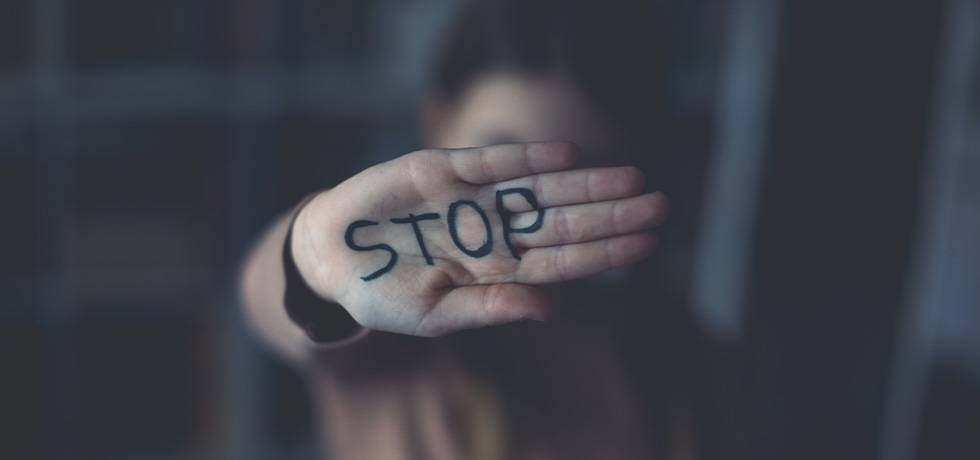It is time to talk about something uncomfortable and often inconceivable — sexual abuse in minor hockey.
Keeping children safe can be challenging because many perpetrators who sexually abuse children are often in positions of trust. According to the Rape, Abuse & Incest Network (RAINN), 93% of child sexual assault victims know the perpetrator.
The difficult part is these abusers often blend in and are often impossible to spot until it is too late.
For example, the National Institute of Public Health of Quebec, in a report on Sexual Abuse of Young People in Sport, states that an analysis of 159 cases of sexual abuse in sport reported in the print media revealed that the perpetrators of the abuse were coaches, teachers and instructors in 98% of the cases.
So are there any signs that a coach or trainer may be a predator?
RAINN advises to be cautious of an adult who spends time with children and exhibits the following behaviours:
- Does not respect boundaries or listen when someone tells them no
- Engages in touching that a child or child’s parents/guardians have indicated is unwanted
- Tries to be a child’s friend rather than filling an adult role in the child’s life
- Does not seem to have age-appropriate relationships
- Talks with children about their personal problems or relationships
- Spends time alone with children outside of their role in the child’s life or makes up excuses to be alone with the child
- Expresses unusual interest in child’s sexual development, such as commenting on sexual characteristics or sexualizing normal behaviors
- Gives a child gifts without occasion or reason
- Spends a lot of time with your child or another child you know
- Restricts a child’s access to other adults
NHLPA member and Boston Bruins great Patrice Bergeron has talked about the importance of reaching out.
“Sometimes you don’t want to share things with those you are closest to, your parents, siblings or friends,” Bergeron said through a Kids Help Phone statement. “I think having someone to hear you out, someone who is there for you and understands what you’re going through, that’s very important. It’s not easy to talk and ask for support, but people are always there to help you.”
Young people in the United States who need help processing an abusive relationship can call the National Sexual Assault Hotline at 800-656-HOPE (4673) to be connected to a staff member from a local sexual assault service provider who will walk them through the process of getting the help they need.
Contacting a hotline to discuss concerns or ask questions can be done by means of a telephone call, text or online chat.
“What we have discovered for example, with texting, is that we got way more young women who were more comfortable texting us than we expected, and with chat we discovered that a lot more gender fluid children would feel comfortable talking to us via chat,” says Daphne Young, chief communications officer at Childhelp. “So, we’ve really changed through technology for young people in the modes that they’re most comfortable with.”
Young cautions children and teens to look for “that icky feeling in your stomach” where you may not have words for it but the actions that someone takes makes you feel awkward, weird, or uncomfortable.
“You probably feel completely alone in this moment, like you’ve done something wrong or brought this on yourself,” Young says, appealing to the victims of abuse who are hesitant to seek help. “What you don’t realize is that usually a predator has hundreds of victims in a lifetime, if not more, and so the step you take to seek help not only will keep you safe but it will potentially align you with others who have come forward.
“The Childhelp National Child Abuse Hotline (1-800-4-A-CHILD, 1-800-422-4453) is completely anonymous. No one can find you. No one can do a reverse search or force you to take any action. They’re just going to give you every resource possible, all the support you need, therapeutic opportunities, people to talk to who will back you up in your community, and anything you need to help you through the process. So, I would say, just make the call, or text, or chat. If you don’t want anyone else to hear then give is a text message and let us know and we’ll take care of you.”
Many communities have sexual assault or crisis lines that allow people to talk to someone about what they’re feeling. You can also talk to family, friends, teachers, counsellors or someone else you trust.
Canada’s Kids Help Phone (1-800-668-6868) notes the following as some of the ways to identify an adult who is safe to talk to:
- Thoughtful: The person actively listens to you and believes you when you tell them something.
- Trustworthy: The person is dependable, a confidant and someone you feel comfortable talking to.
- Respectful: The person is mindful and considerate of your feelings and your boundaries.
- Helpful: The person provides guidance and helps you find solutions to problems.
- Caring: The person does what’s best for you, puts you first and cares about your mental and emotional wellbeing and physical safety.

